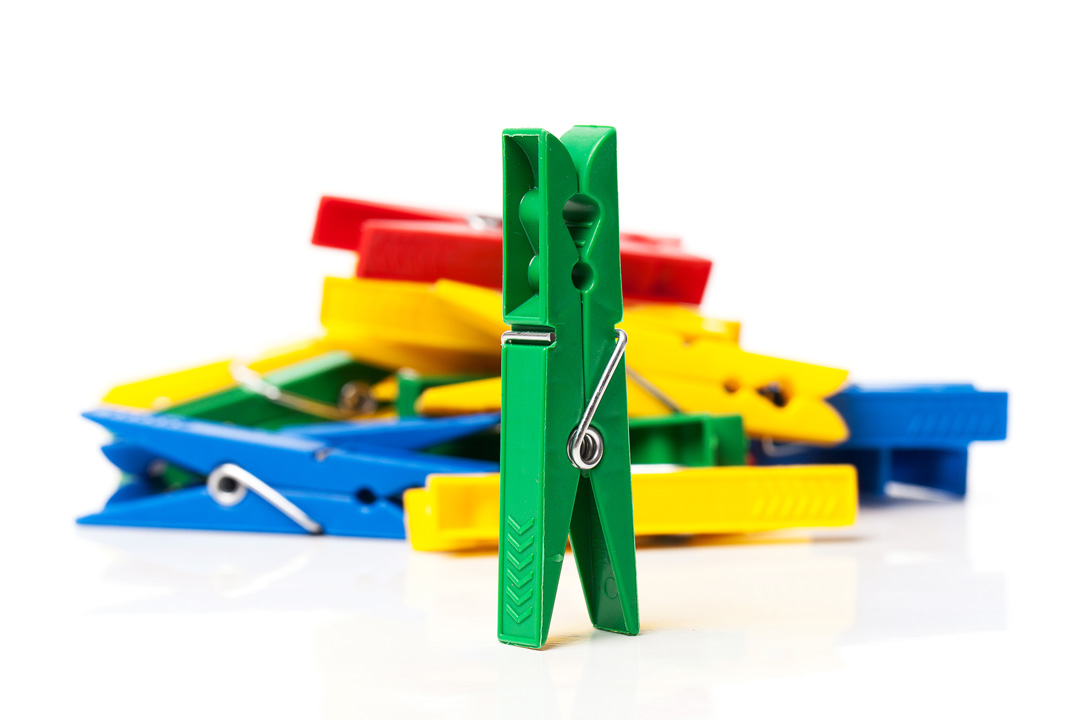An agreement that cuts emissions
Thanks to an agreement between Iren and Acciaierie d’Italia, CO2 emissions from the Taranto (former Ilva) plant are cut by 30%.
This is possible thanks to Bluair, a technopolymer developed from the mechanical processing of plastic waste that enables the partial replacement of coal dust in the steelworks’ blast furnaces. This material, which is still little known, is produced in Iren’s plants in San Giorgio di Nogaro (Udine), Rovigo and soon in the one under construction in Scarlino (Grosseto).
“Bluair is a virtuous example of innovation applied to the circular economy, a win-win model that on the one hand enhances the value of waste that would otherwise be destined for the landfill,and on the other makes other production chains that are fundamental for the country’s economy more sustainable,” commented Luca Dal Fabbro, chairman of Iren, adding that “our business plan to 2030 envisages strong growth in businesses dedicated to the circular economy, and Bluair technology is one of our most innovative assets that allow us to position ourselves among the Italian leaders in the energy transition.
A recycled material that makes a difference
Bluair is one of the technologies patented by I.Blu, a company acquired by Iren, already a member of IPPR and certified Plastic Second Life.
It is in fact a circular raw material, produced through a mechanical recycling process from plastics that currently cannot be recovered in any other way: multilayer waste, i.e. made from different polymers that cannot be separated.
Thanks to its characteristics, Bluair stands out as a multifunctional material: in fact, it enables the growth of plastic packaging waste recycling and the drastic cut of CO2 emissions at the same time. Senza contare la riduzione della dipendenza europea dai Paesi extra Ue per le importazioni di carbone.
Bluair has already been used in large European steel mills for over ten years thanks to a partnership with Corepla, the Italian consortium for the recovery and recycling of plastic packaging. Currently, 50% of the Bluair produced is exported to major steel mills in Spain, Germany and Austria, but there is still potential for growth both in Italy and abroad.

